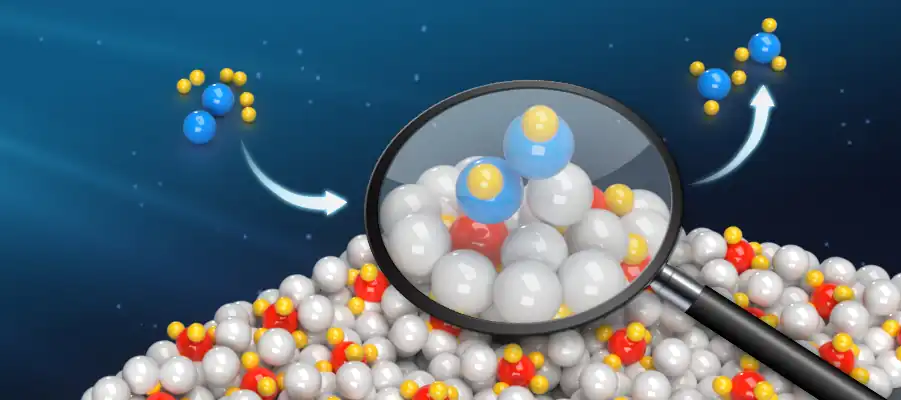Messi Biology stated that magnesium carbonate (MgCO₃), as an important chemical raw material, has shown significant advantages as a catalyst carrier, improving the efficiency of organic synthesis reactions, optimizing the selectivity and activity of catalysts, and in environmental protection technology applications due to its chemical stability and versatility.

1. As a catalyst carrier
Magnesium carbonate is widely used as a carrier for a variety of catalysts due to its good surface activity and chemical stability. In petrochemical processes such as reforming, cracking and dehydrogenation, magnesium carbonate as a catalyst carrier can improve the dispersion and activity of the catalyst, enhance the reaction efficiency and selectivity, thereby increasing product yield and reducing production costs. In addition, magnesium carbonate catalyst carriers also have the advantages of high temperature resistance, anti-poisoning and long life, making them widely used in the fields of synthetic ammonia, hydrogen production and ethylene production.
2. Improving the efficiency of organic synthesis reactions
As a catalyst or catalyst carrier, magnesium carbonate can significantly improve the efficiency of organic synthesis reactions. For example, in the gelation process of the resorcinol-formaldehyde system, the catalytic function and easy decomposition characteristics of hydrated magnesium carbonate can be used to achieve rapid gelation, and a monolithic porous carbon (MCM-Mg) with developed pores and large specific surface area can be obtained by carbonization. This porous carbon material has important application value in organic synthesis.
3. Optimizing the selectivity and activity of the catalyst
Magnesium carbonate can effectively improve the selectivity and activity of the catalyst by adjusting the performance parameters such as the pore structure, specific surface area and acidity and alkalinity of the catalyst. For example, in some chemical reactions, the selectivity of the catalyst can be improved by adjusting the acidity and alkalinity of magnesium carbonate, thereby achieving more efficient target product generation. This ability to optimize selectivity and activity makes magnesium carbonate have greater application potential in the field of catalysts.
4. Application in environmental protection technology
Magnesium carbonate, as a catalyst carrier, also plays an important role in environmental protection technology. In exhaust gas treatment and air purification, magnesium carbonate catalysts can remove harmful gases and pollutants, such as carbon monoxide, nitrogen oxides and volatile organic compounds, which helps to improve air quality and reduce the emission of atmospheric pollutants. In addition, magnesium carbonate can also be used in water treatment processes as an efficient desulfurizer to further improve water quality.
5. Other Application Fields
In addition to the above applications, magnesium carbonate also shows broad application prospects in other fields. For example, in the pharmaceutical industry, magnesium carbonate is used as a drug carrier and excipient to improve the stability and bioavailability of drugs; in the food industry, magnesium carbonate is used as an acidity regulator and anti-caking agent to improve the texture and preservation of food; in the rubber and plastic industry, magnesium carbonate is used as a filler and reinforcing agent to significantly improve the heat resistance, wear resistance and mechanical strength of materials; in the coating and ink industry, magnesium carbonate is used as a pigment carrier and thickener to improve the dispersion and stability of pigments.
